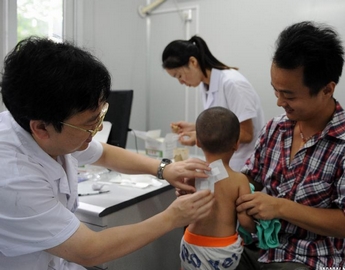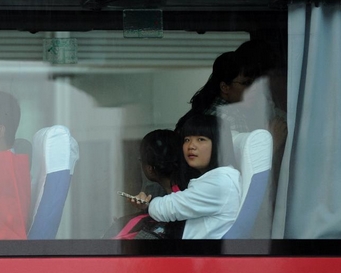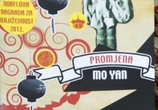
Shared Harvest in suburban Beijing takes its name from a CSA guidebook. It has also become living proof for this farming model since its inception in mid-2012. It is a cooperative that supplies more than 400 members with weekly boxes of green vegetables - all of which have been paid for upfront.
This new initiative has also helped its farmers, by educating them on agricultural methods that are sustainable, with an emphasis on the long-term rather than short-term bounties.
For example, the farmers would probably not have given up the use of pesticides on their own.
"It's simply scary," says Liu Xiancang, the director of the Liu village co-op that's responsible for supplying the vegetables that get sent out to Shared Harvest members.
"We didn't realize how harmful chemicals could be until Dr Shi told us in a lecture early this year. We live and depend on the land. It's our mother. But we are doing so much harm to her."
"Dr Shi" is Shi Yan, the main motivator of Shared Harvest, and no stranger to the green and sustainable agriculture movement.
"We feel we are doing a great, great charity for our sons and grandsons," Liu continues. "It's really not about the money."
The village had long ceased making money from its farms and most of the villagers had already gone to the city to find work. CSA is calling them back.
"It's slow and the harvests are comparatively small, and it's more expensive," but Liu says that the village now sees hope on the horizon. In June, the income from paid subscriptions rose to about 50,000 yuan ($8,150), with vegetables from the 5.33 hectares of land selling for 15 yuan per kilogram.


















 Typhoon Soulik kills one in Taiwan, brings rainstorms to Fujian
Typhoon Soulik kills one in Taiwan, brings rainstorms to Fujian


![]()
